Social media has revolutionized the way marketing agencies operate, allowing them to reach wider audiences, engage with customers in real-time, and build brand awareness like never before. In this comprehensive guide, we will delve into the world of social media for marketing agencies, exploring its significance, strategies, tools, and best practices to succeed in this dynamic landscape.
The Significance of Social Media for Marketing Agencies
In the digital age, social media has become an integral part of any marketing strategy. It offers a multitude of benefits for marketing agencies, such as:
- Increased Brand Visibility: Social media platforms provide a stage for brands to showcase their products or services to a global audience, boosting brand visibility.
- Direct Audience Engagement: Marketing agencies can interact directly with their target audience, gaining valuable insights, building trust, and addressing customer concerns promptly.
- Cost-Effective Marketing: Compared to traditional advertising, social media marketing often offers a more cost-effective way to reach a larger audience.
- Data-Driven Decision-Making: Social media platforms offer extensive data and analytics tools that help marketing agencies measure the effectiveness of their campaigns and make data-driven decisions.
- Competitive Advantage: Leveraging social media effectively can give marketing agencies a competitive edge by staying ahead of industry trends and connecting with potential customers.
Social Media Strategies for Marketing Agencies
Effective social media strategies are essential for marketing agencies to maximize their impact on behalf of clients. Here are some key strategies:
- Define Clear Objectives: Start by setting specific, measurable, achievable, relevant, and time-bound (SMART) objectives for your social media campaigns. Whether it’s increasing brand awareness, driving website traffic, or generating leads, clear goals provide direction.
- Audience Research: Thoroughly understanding your client’s target audience is crucial. Conduct audience research to identify demographics, interests, and pain points, allowing you to create content that resonates.
- Content Planning: Develop a content strategy that aligns with your client’s brand and goals. This includes creating a content calendar, outlining content types (text, images, videos), and maintaining a consistent posting schedule.
- Engagement and Interaction: Actively engage with followers by responding to comments, messages, and mentions promptly. Encourage conversations, ask questions, and listen to customer feedback.
- Visual Storytelling: Visual content, such as videos and images, often outperforms text-based content on social media. Incorporate visual storytelling into your strategy to captivate your audience.
- Paid Advertising: Consider using paid social advertising to expand your client’s reach. Platforms like Facebook Ads and Instagram Ads offer sophisticated targeting options to reach the right audience.
- Influencer Partnerships: Collaborate with influencers in your client’s niche to tap into their established audiences. Influencer marketing can provide authenticity and credibility to your campaigns.
- Analytics and Optimization: Regularly analyze social media metrics to gauge the success of your campaigns. Use these insights to tweak your strategy, optimize content, and make data-driven decisions.
Tools for Social Media Management
To effectively manage social media for marketing agencies, utilizing the right tools is essential. Some popular tools include:
- Buffer: Buffer simplifies social media scheduling, analytics, and engagement. It offers features for multiple platforms and team collaboration.
- Hootsuite: Hootsuite is a comprehensive social media management platform that allows you to manage multiple accounts, schedule posts, and monitor social media conversations.
- Sprout Social: Sprout Social offers social media publishing, engagement, and analytics tools. It also includes customer relationship management (CRM) features.
- Canva: Canva is an excellent tool for creating visually appealing social media graphics and content. It offers templates and design tools for non-designers.
- Google Analytics: Google Analytics helps track website traffic generated from social media. It provides insights into user behavior and conversion rates.
- BuzzSumo: BuzzSumo helps identify trending content and influential figures in your client’s industry. It can inform your content strategy and identify potential partners.
Best Practices for Social Media Marketing
To excel in social media marketing, marketing agencies should follow these best practices:
- Consistency: Maintain a consistent brand voice and posting schedule to keep your audience engaged.
- Quality Over Quantity: Focus on delivering high-quality content rather than churning out numerous posts. Valuable content is more likely to be shared.
- A/B Testing: Experiment with different content types, posting times, and ad variations to identify what resonates best with your audience.
- Transparency: Be open and transparent, especially in addressing negative feedback or customer concerns. Honesty builds trust.
- Stay Updated: Social media platforms and algorithms evolve constantly. Stay updated on changes and adapt your strategy accordingly.
- Compliance: Ensure compliance with relevant laws, such as data protection regulations and advertising standards.
- Measuring ROI: Regularly assess the return on investment (ROI) of your social media efforts. Adjust your strategy based on what works best for your clients.
- How do marketing agencies use social media? Marketing agencies use social media for various purposes, including brand promotion, customer engagement, lead generation, and driving website traffic. They create and curate content, run paid advertising campaigns, engage with the audience, and analyze data to refine their strategies.
- What social media is used most for marketing? Facebook, Instagram, Twitter, LinkedIn, and YouTube are some of the most commonly used social media platforms for marketing. However, the choice of platform depends on the target audience and the type of content being promoted.
- What should I offer as a social media marketing agency? As a social media marketing agency, you should offer a range of services to meet your clients’ needs. This can include social media strategy development, content creation, community management, paid advertising campaigns, influencer partnerships, social media audits, and analytics reporting. Tailoring your services to your client’s goals is key to success.
- What platforms do marketing agencies use? Marketing agencies use a variety of social media platforms based on their clients’ objectives and target audiences. Facebook, Instagram, Twitter, LinkedIn, YouTube, and emerging platforms like TikTok are among the popular choices. The selection of platforms should align with the client’s goals and the nature of their products or services.
Conclusion
In conclusion, social media has become an indispensable tool for marketing agencies to reach and engage with audiences effectively. By implementing well-defined strategies, utilizing the right tools, and adhering to best practices, marketing agencies can harness the power of social media to boost brand awareness, drive traffic, and generate leads for their clients. In this ever-evolving digital landscape, adaptability and creativity are key to staying ahead in the realm of social media marketing.
Choosing your Meta-Keywords
Choosing your Meta-Keywords – This article assumes you already know what a ‘meta-tag keyword’ is and know a little about their importance to search engines. In this article I will attempt to explain the art of choosing the most appropriate and best performing keywords for your web pages.

As you should already know keywords contained within your websites’ meta tags are extremely important in allowing search engines to determine the content of your web pages. In order to make sure that these keywords are bringing your site up within Search Engine Results Pages (SERPS) and driving visitors to your site, the most important factors in determining your keywords are:
Relevance.
Choosing keywords that people actually search for.
Choosing keywords without too much competition.
Relevance
All your keywords should ALWAYS be relevant to the content within the page they describe. Adding keywords to your site just because they are commonly searched for words is not recommended. Not only will it frustrate visitors who are looking for other information, but it may well get your site black-listed from search engine rankings.
Highly relevant keywords will attract visitors who are actually interested in the products and services your website offers. At the end of the day, it is better to attract fewer visitors who actually have an interest in your website than it is to attract more visitors who leave immediately.
Choosing Keywords people search for
Although your keywords should all be relevant, sometimes it is best not to be too specific.
For example, I once discovered a new fossil (honest!), it was new to science so I named it, wrote a paper on it and had it published. I didn’t ever build a web page dedicated to it, but if I had the most used keyword and most relevant word would have been the fossils name (Trypanites fosteryeomani). You might therefore think that it would be sensible to use this as one of my most important keywords.
However, that would (at least to start with) have been wrong. No one else has ever heard of this fossil, so it is very unlikely that anyone would ever type its name into a search engine. And sure enough, a quick check shows that there wasn’t a single search for this term within a particular, popular search engine.
I would therefore need to be more generic with my choice of keywords. The fossil itself was a trace fossil of a worm from the Jurassic, so keywords/phrases such as ‘fossil’, ‘trace fossil’ or ‘worm trace fossil’ may be more successful.
There are several tools available that allow you to check the number of times a particular word or phrase has been searched for. It is important to choose keywords that are regularly searched for and these tools can help in this decision. It is also worth including common mis-spellings of your most relevant keywords as your competitors may not have thought of this when choosing their keywords.
Choosing keywords without too much competition
The section above may lead you to believe that choosing very generic keywords is your best bet as they are often searched for. However, if you get too generic in your choice of keywords then you will be competing with many more websites for the top spots in the SERPS. If we go back to our fossil example we can see what I mean. A quick search in Google brings up the following numbers of results:
Trypanites fosteryeomani – 1 result (something I once wrote in a forum!)
Jurassic Worm Trace Fossil – 4,320 results
Trace Fossil – 407,000 results
Fossil – 9,120,000 results
As you would expect, the more generic we get, the more results we get. It can be seen then that choosing the best keywords is a matter of balancing the number of times the keywords are searched for against the number of other sites competing for rankings with those keywords. The best keywords will be those that are searched for often but have few competing sites (assuming the keywords are relevant to your content).
I find that it is best to have a balance between the generic and specific keywords relating to your web page and using key-phrases is a useful way of achieving this. In this way the entire key-phrase can be specific to your particular page, but the individual words within it are fairly generic.
e.g. Affordable Website Design Wales (4 generic keywords to create a specific key-phrase)
To Summarize, choosing keywords is an essential part of producing a successful website. Your keywords need to be highly relevant to the content of your page and specific enough to reduce competition. They also need to contain some generic keywords that are often searched for. As always, the single most important factor is relevancy and good content to go with the keywords.


